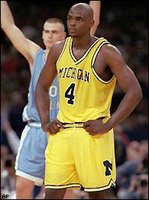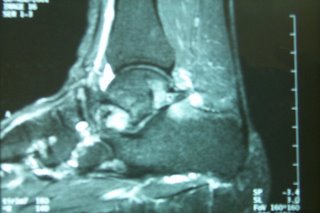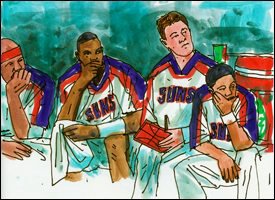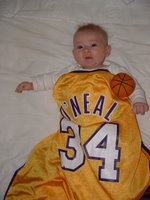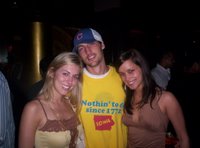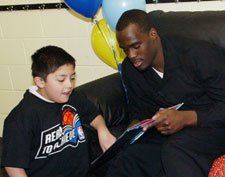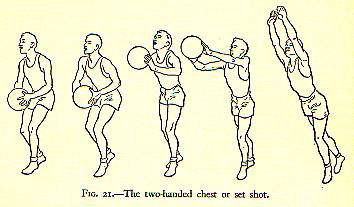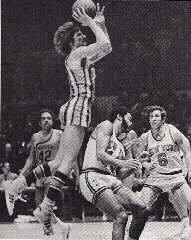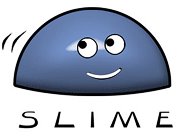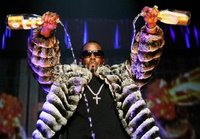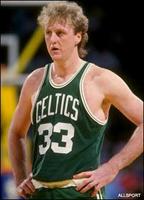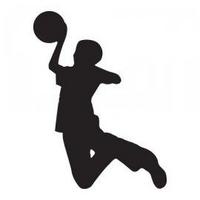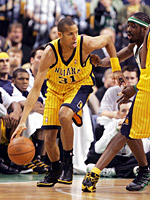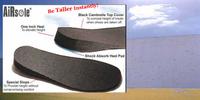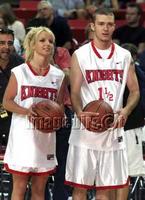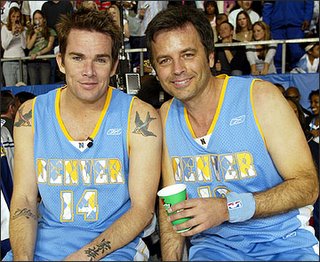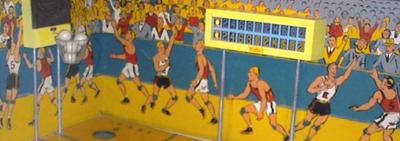 Devoted reader, former roommate, and all around smart dude Ben sent us an interesting article about Gonzaga basketball phenom Adam Morrison. For those out of the loop, Morrison is a 6-8 white guy who idolizes Larry Bird. The thrust of this article, found in Slate, is that almost every promising white player is compared to Larry Bird at some point, which is both unfair to them and to Bird. A great quote:
Devoted reader, former roommate, and all around smart dude Ben sent us an interesting article about Gonzaga basketball phenom Adam Morrison. For those out of the loop, Morrison is a 6-8 white guy who idolizes Larry Bird. The thrust of this article, found in Slate, is that almost every promising white player is compared to Larry Bird at some point, which is both unfair to them and to Bird. A great quote:"Want proof that getting compared to Bird is a one-way ticket to the Caucasian basketball graveyard? A list of players who've been identified as Bird-like reads like the roster of a CBA team sponsored by the KKK."
When we started Setshot, Old School and I talked a lot about taking on the issue of race -- particularly as it pertained to pickup hoops. But we could never figure out a way to address it concisely and originally. The issue is just too big, too complicated, too scary -- and many writers have already produced intelligent, cogent commentaries (for example, Frey, Shields, Wideman; see "Best Hoops Reading").
I think that our only hope here is to address race in little tiny stabs. I'll devote a future post to my experiences as an Asian pickup player, but for now, let's talk about Morrison, Bird, and the World of Whites. I think that the Slate article is provocative, but the argument's not water-tight. Yes, white guys have traditionally been compared to Bird, but this is changing fast as new and different forms of whiteness have emerged in basketball (Nash, Ginobili, D.I.R.K.) Also, because Morrison himself claims to idolize Bird, saying that it's unfair to compare the two is itself a bit unfair. That said, race is race, and there will probably always be an "apples to apples" temptation among sports commentators and pundits. When the NBA is full of Asians, will they all be compared to Yao? "You know Bill, that Chang reminds me a lot of Yao Ming. And only eleven inches shorter! The resemblence . . . is . . . remarkable."
The Slate article talks about the Gonzaga-Oklahoma State game in which Morrison hit a bank three at the buzzer to win it, focusing on the announcers' incessant Morrison-Bird comparisons, but it fails to mention another interesting exchange that I caught between CBS commentators Bill Raftery and Gus Johnson. Early in the game, they were discussing the Bird-Morrison thing, and Raftery said something to the effect of: "Morrison actually reminds me of another player: Kiki Vandeweghe." Johnson, clearly aware (at least to me) that they had only compared Morrison to white players, hastily added "Or Reggie Miller! Or Rip Hamilton!"
So I don't even know what the point of all this is. I guess only that the issue of race in sports is sensitive, but also complicated. Setshotters: Help me understand white people.
basketball

